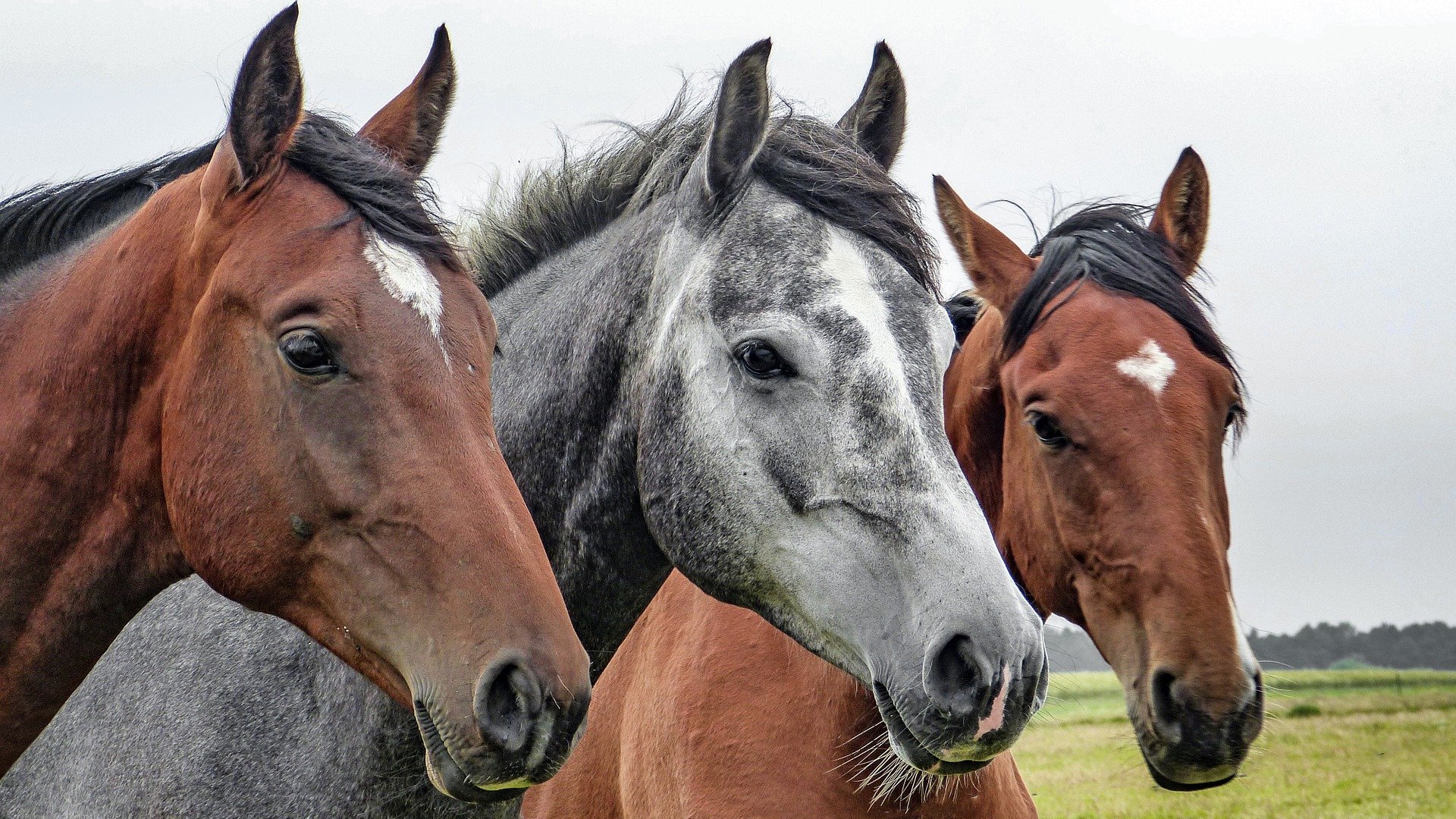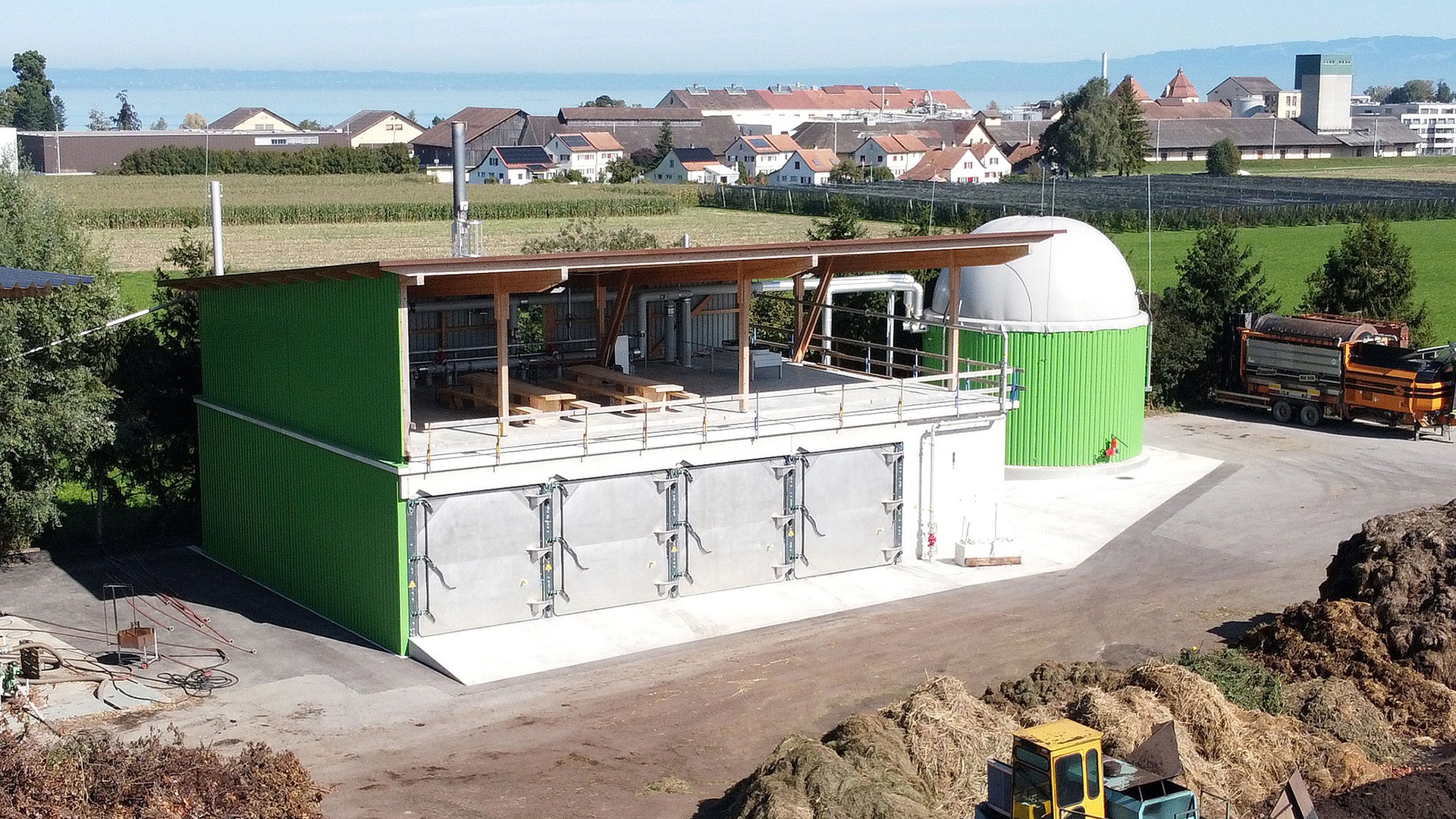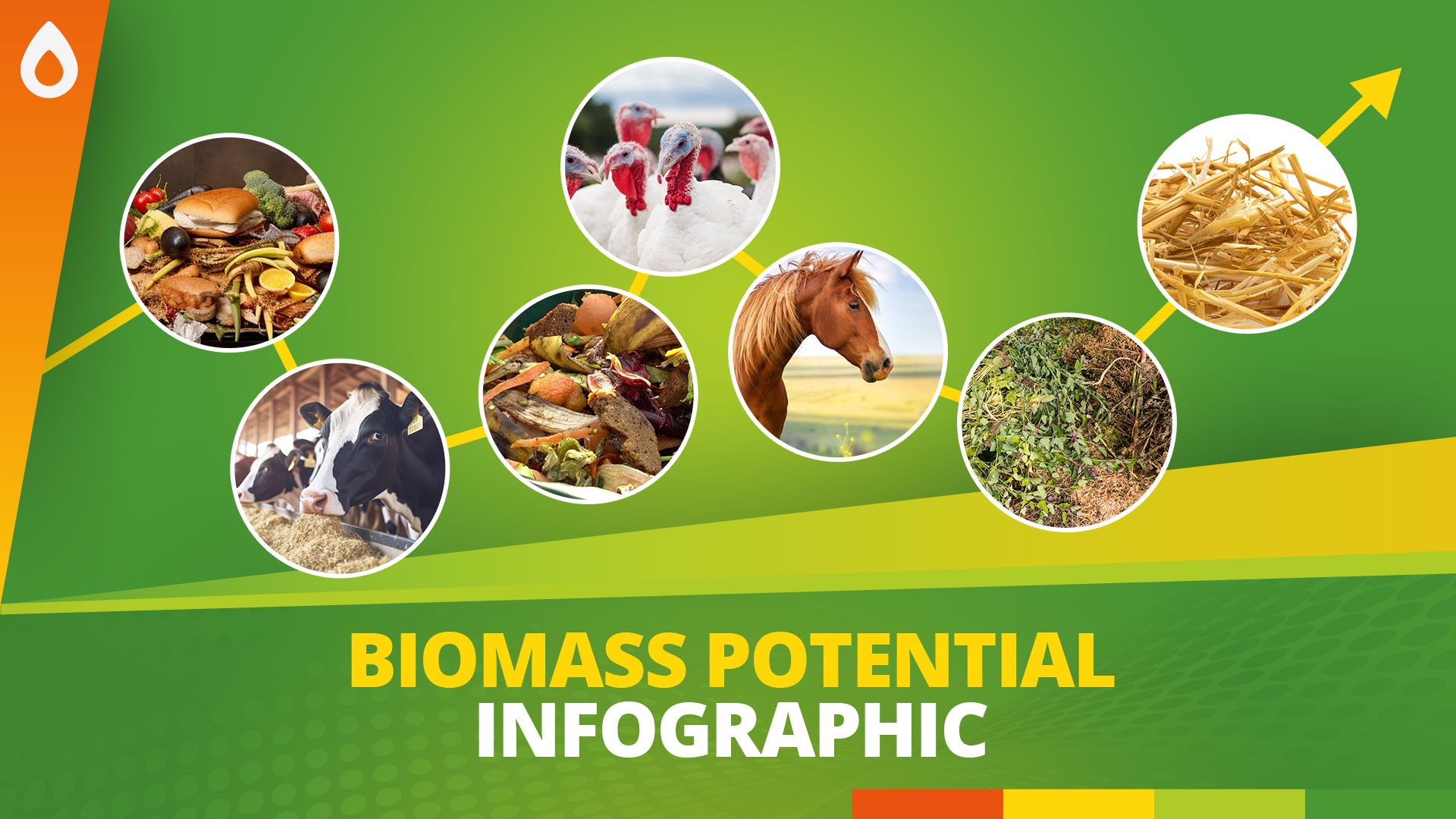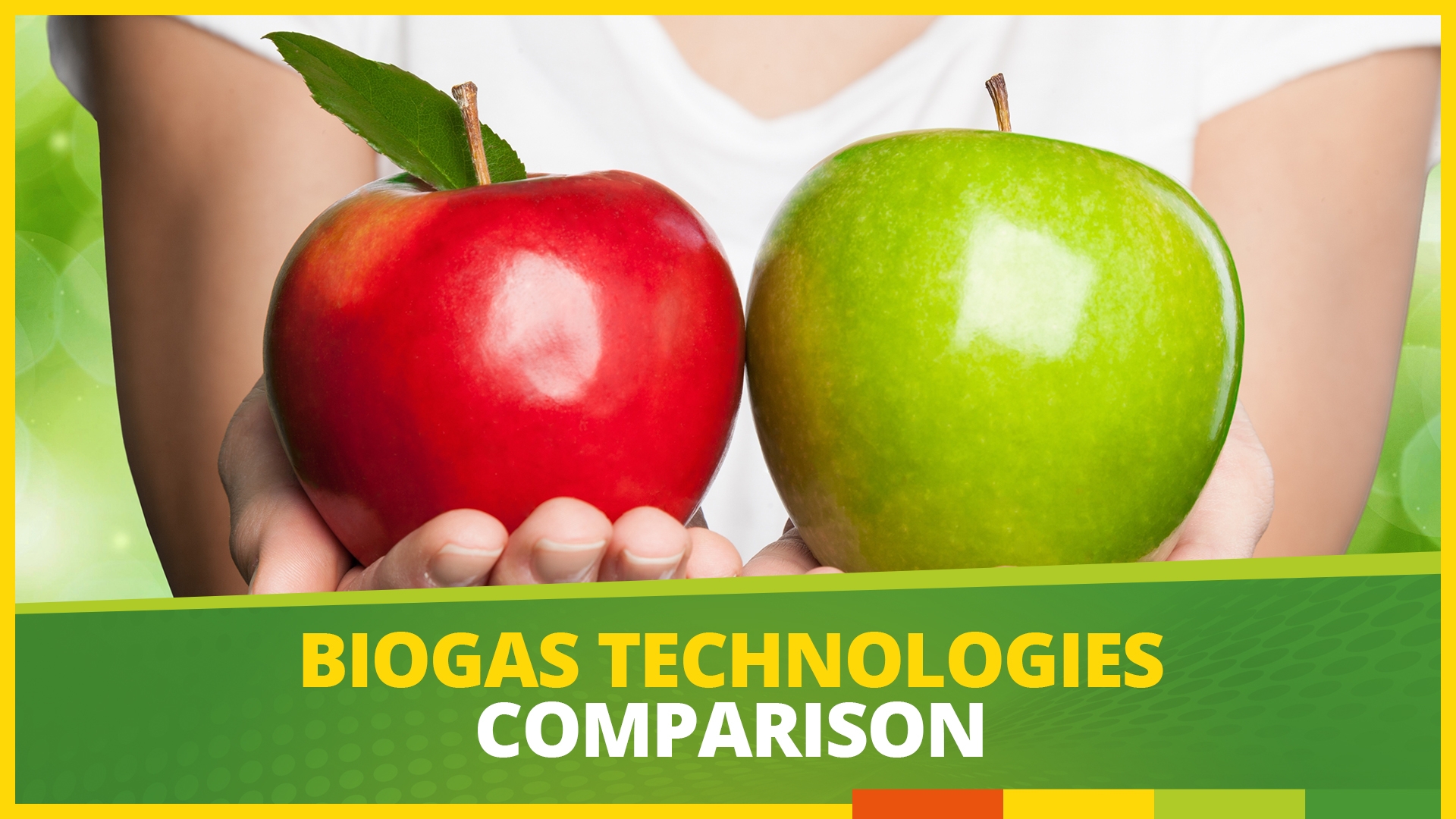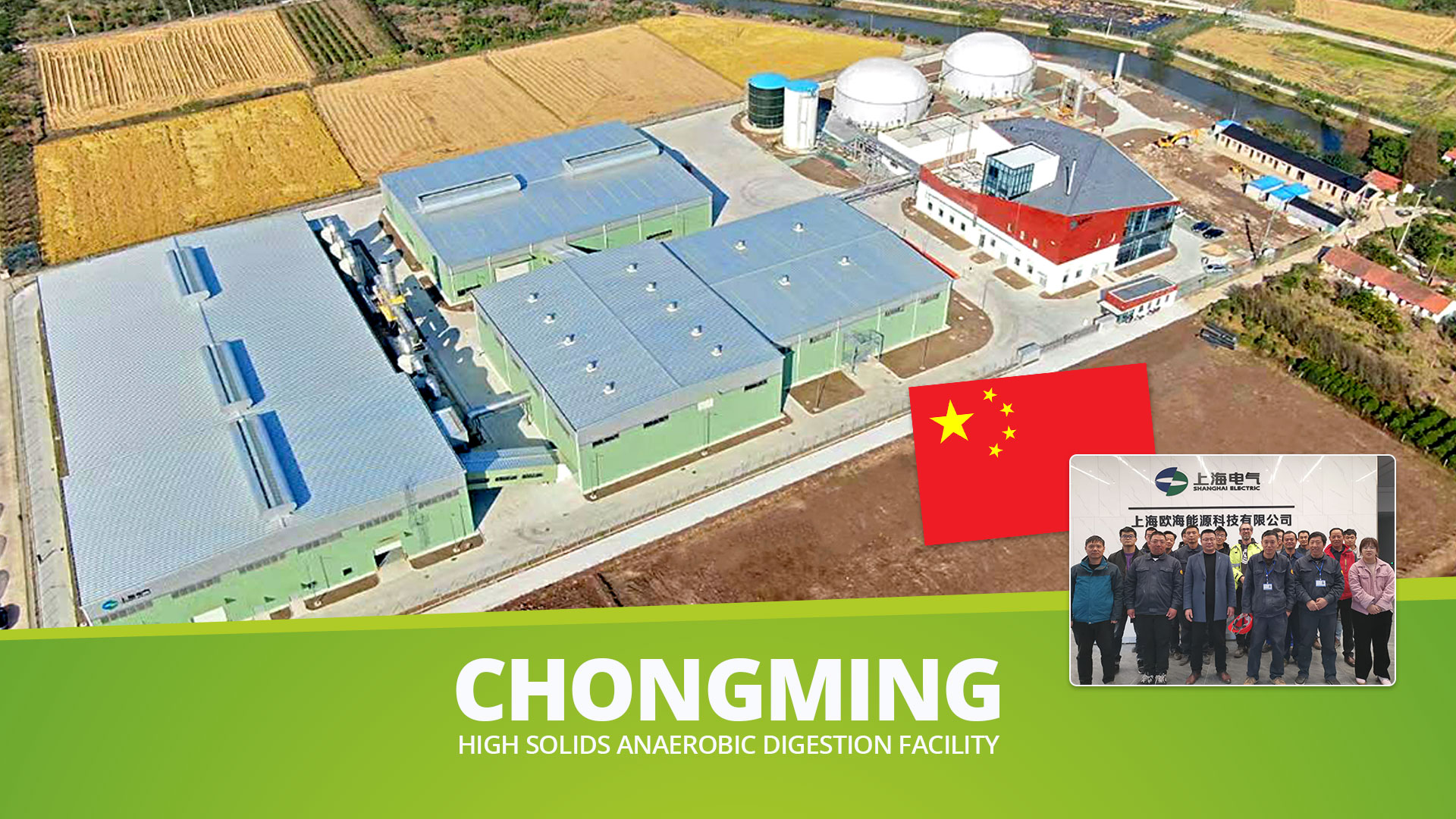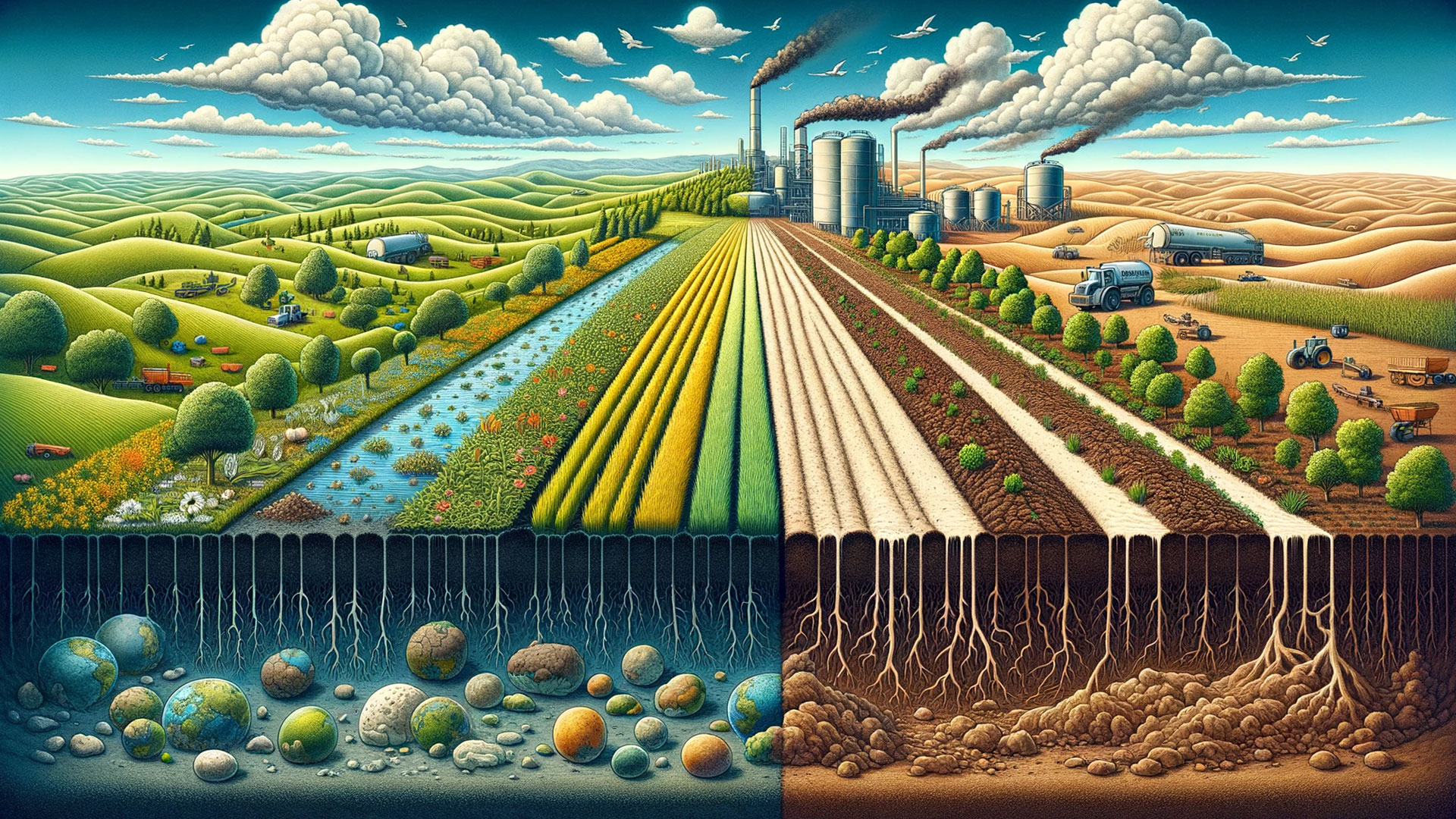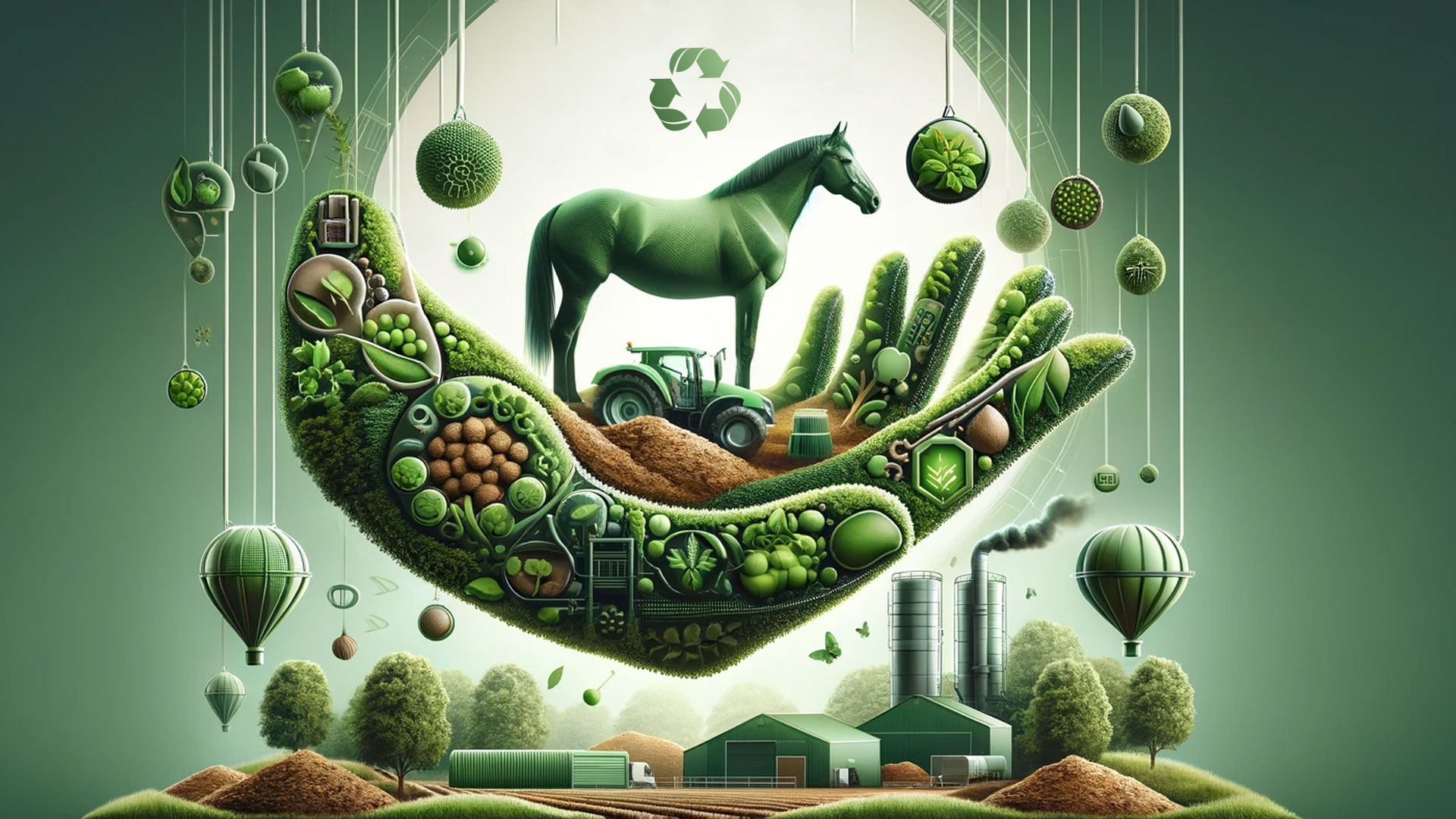It is impossible to imagine our society without the horse as a hobby and leisure partner. A horse produces up to 50 kg of dung per day. With about 1.2 million horses in Germany alone, this is an enormous amount. Not only the animal itself, but also its dung has become an economic factor. In Lehrte in Lower Saxony, the two farmers Adrian Bartels and Jens Boedecker recycle the horse dung in a solid fermentation biogas plant in an economically successful and ecologically sustainable way.
The biogas plant is also coming back into focus, especially when it comes to the energetic utilisation of residual materials. By fermenting stackable dung from animal husbandry and other organic waste materials, biogas is obtained, which is converted into electricity and heat during the combustion process in a combined heat and power plant. Horse manure, which is produced in large quantities, especially on larger farms, and cannot be optimally utilised in conventional liquid biogas plants, causes costs for disposal.
With approx. 1.2 million horses throughout Germany, slightly more than 10 times as much horse manure is produced annually. This enormous potential is currently not yet used for energy generation. In addition to energy, an organic fertilizer with good plant availability is produced. This unique problem solver for horse manure is a beacon project for the entire industry with international appeal. The team of farmers on Adrian Bartels’ farm shows just how successful this recycling process can be.
